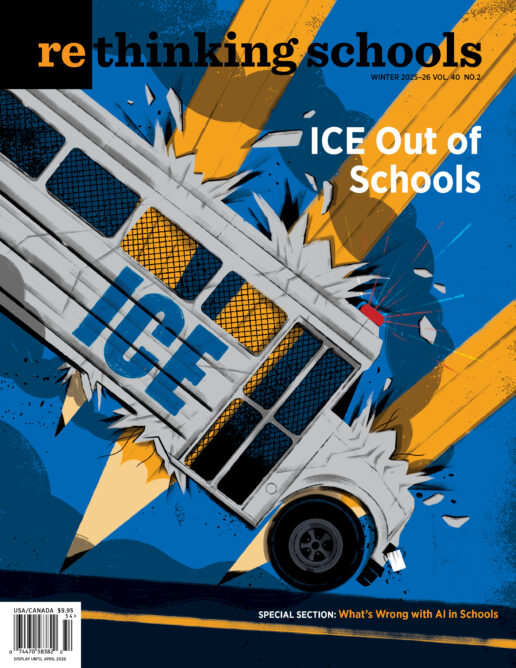-
Why the Testing Craze Won’t Fix Our Schools
Editorial More and more schools are relying on standardized testing and “high-stakes” tests. But these tests are poor tools for achieving the high standards that testing advocates claim as their goal. A look at why testing alone isn’t enough to improve education.
-

Alternatives to Standardized Tests
There's only one thing worse than requiring students to reduce all learning to a single "correct" answer, and that is reducing assessment and accountability to a single standardized test.
Why it’s wrong to reduce assessment and accountability to a student’s performance on a single test, and what schools can and should do instead.
-

Social Studies Tests from Hell
The problem with Oregon's latest high-stakes test goes beyond any particular question. Its essential wrong-headedness lies with the assumption that learning is nothing more that fact-collecting.
Oregon’s latest high-stakes social studies test is mired in the assumption that learning is nothing more than fact-collecting. (This article originally appeared in The Oregonian, Portland’s daily newspaper.)
-
Testing Against Democracy
How Bill Bigelow’s article “Tests from Hell” touched off criticism and threats from Oregon education officials, and a wave of grassroots support.
-
Appropriate Use of Tests
Basic principles of good testing, according to the National Research Council.
-
Hallmarks of Good Assessment
Guiding ideas behind sound alternatives to high-stakes, standardized tests.
-
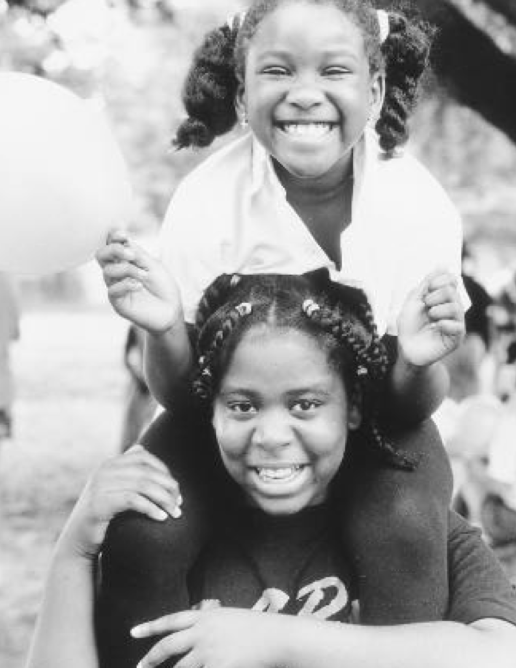
Standards and the Control of Knowledge
How can parents and educator make sense of the increasing reliance of state-mandated standards and tests? How might such standards impact efforts to forge a truly multicultural curriculum?
How state-mandated education standards affect efforts to develop multicultural curriculum, and how parents and educators can make sense of the increasing reliance on standards.
-

The Forgotten History of Eugenics
High-stakes testing has its origins in the eugenics movements and racist assumptions about IQ. We forget, at our own peril, that this legacy hangs over current demands for increased testing
High-stakes testing has its roots in this dark chapter of our history, and the racist assumptions at its core.
-
Chicago Teacher Paper Under Fire
The newspaper “Substance” faces a $1 million lawsuit for publishing test materials.
-
Limitations of the ITBS
Some of the commonly cited flaws with two popular student assessments, the Iowa Tests of Basic Skills and the Tests of Achievement and Proficiency
-
Welcome to Measurement Inc.
You thought teachers were evaluating student writing? Think again. A visit to the renovated North Carolina factory where part-time workers grade student essays shipped in from more than two dozen states.
-
Reclaiming Assessment
Instead of sending its essays off to a for-profit scoring company, Portland teachers score papers as part of a discussion about what is good writing and good writing instruction.
Instead of shipping off essays to be graded elsewhere, teachers in Portland are scoring student work, and using the task as a basis for discussions about good writing and good teaching.
-
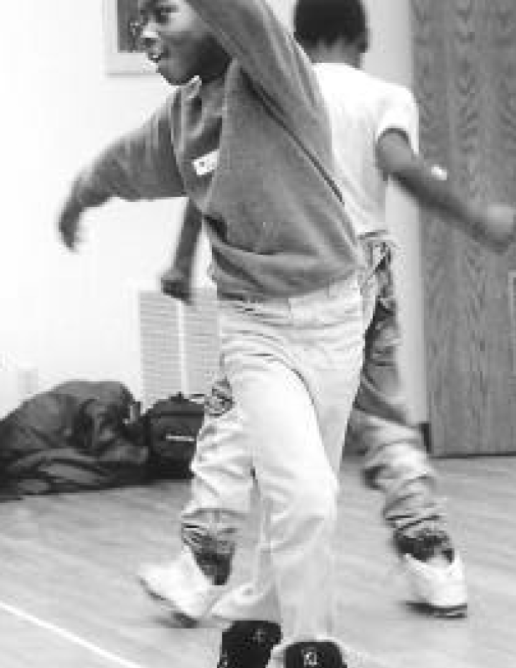
Dancin’ Circles
Even the most rigid of state testing plans will never be able to control what every child does or thinks or writes. There may be hope.
Take heart: Even the most rigid state testing plans can never hope to control what every child does, or thinks, or writes.
-

The Straitjacket of Standardized Tests
A Portland teacher wonders: Where is the standardized test that can measure passion for learning, respect for others, and human empathy?
A teacher wonders: Where is the standardized test that measures passion for learning, respect for others, and human empathy?
-

Monkeys, Pouches, and Reading
What does it do to young children, and how does it distort good teaching, when reading success is determined on the basis of a single test?
What happens to children, and how teaching is distorted, when reading success is determined on the basis of a single test.
-
“High-Stakes” Harm”
How can teachers maintain their critical stance toward assessment, yet still help prepare students to take ‘high-stakes’ tests?
How can teachers be critical of “high stakes” tests, yet prepare their students to take them?
-
How Many Must Die?
Eight years of sanctions have taken their hardest toll on the people of Iraq. An estimated 1 million people, including 750,000 children below the age of five, have died as a result of scarcity of food and medicine.
Since U.S. Sanctions against Iraq began, a million people — three quarters of them under 6 years old — have died for want of food and medicine. A look at one of the most underreported stories of our time.
-
Prominent Voices on Iraq
How some noteworthy observers feel about US policy toward Iraq.
-
U.S. Sanctions on Iraq
Where to turn for more information on Iraq. Includes several excellent Web sites.
-

The Influential E.D. Hirsch
Hirsch's message strikes a chord with many teachers and parents. But what are the assumptions behind Hirsch's prescription for school reform? And will his proposals get us where we need to go?
A look at the assumptions behind Hirsch’s prescription for reform, and some thoughts on whether his proposals will get us where we need to go.
-
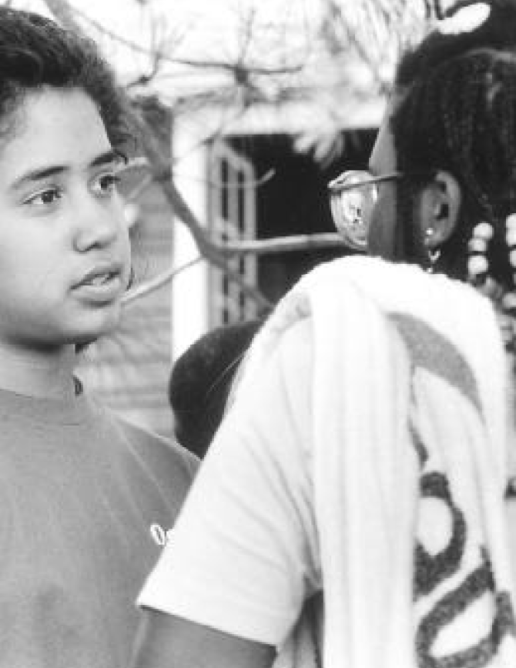
Drive-By School Reform
How hit-and-run approaches to reform can turn schools into passive targets of intervention, rather than active partners in change.
How hit-and-run approaches to reform can turn schools into passive targets of intervention, rather than active partners in change.
-
Ed-Web: Africa-Descended Culture on the Web
A goldmine of resources about the history, literature, and culture of people of African descent
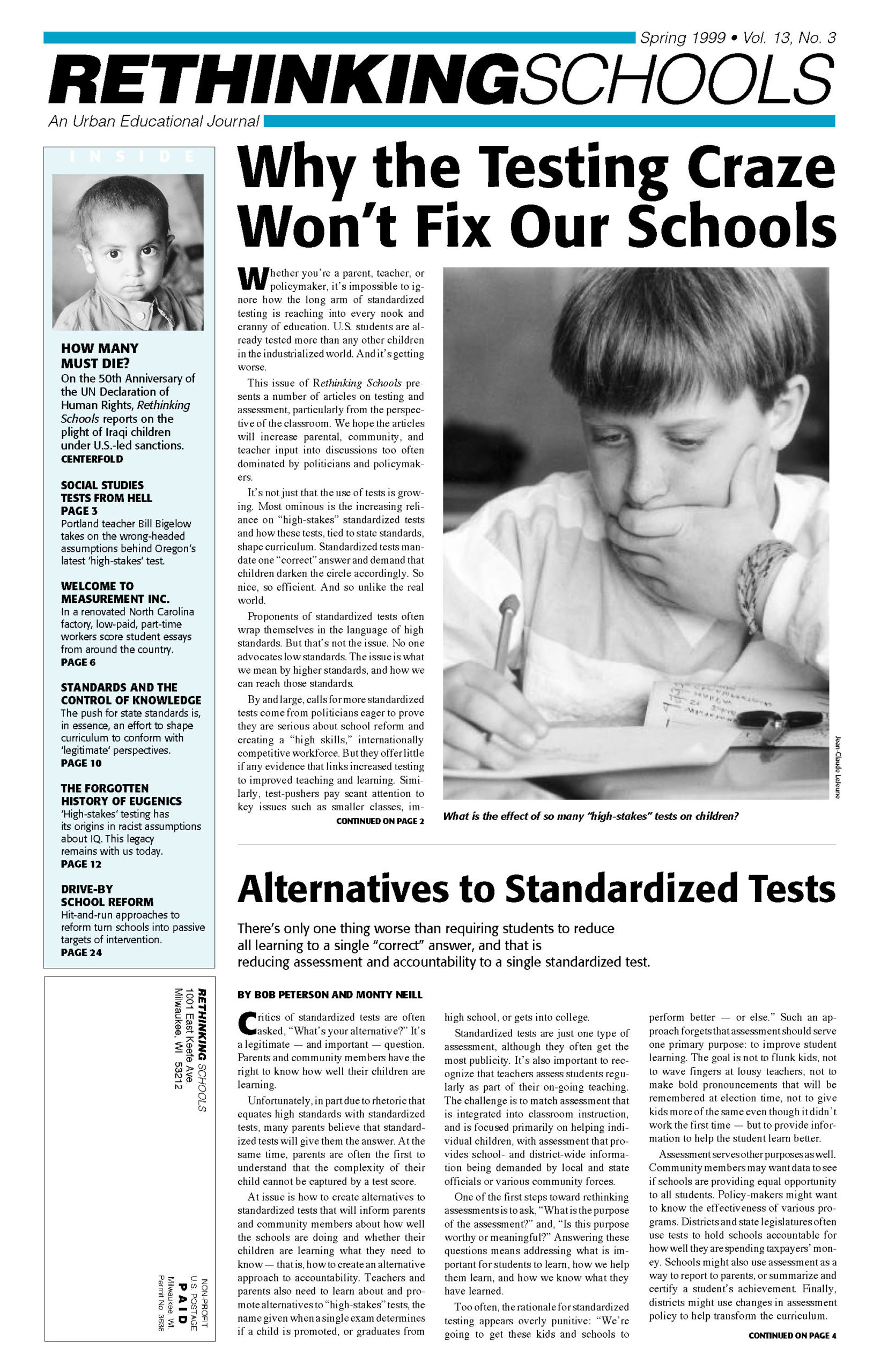
Volume 13, No.3
Spring 1999
Annual Subscription: $24.95
Purchase Digital Copy: $4.95
To purchase individual paper copies of the magazine email us or call customer service at 1-800-669-4192

